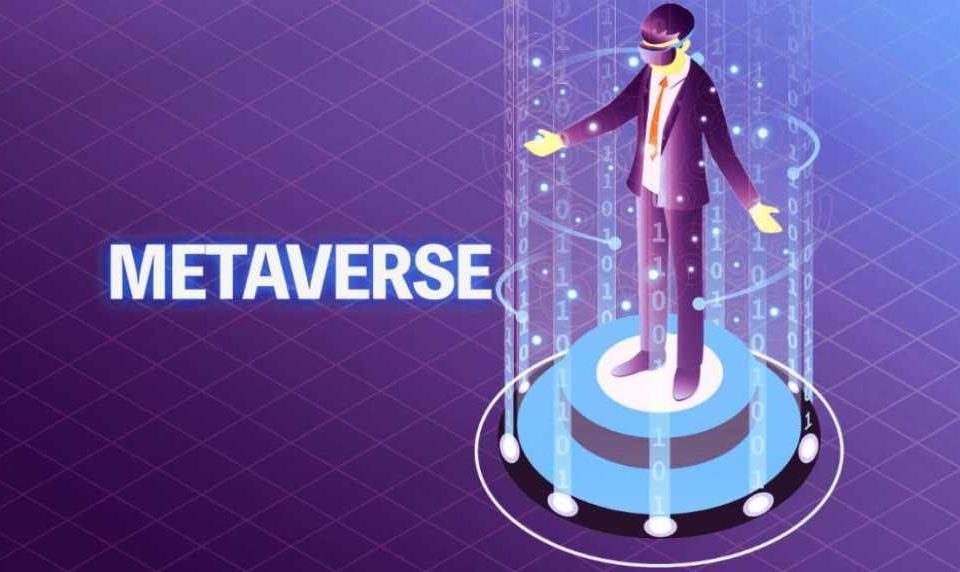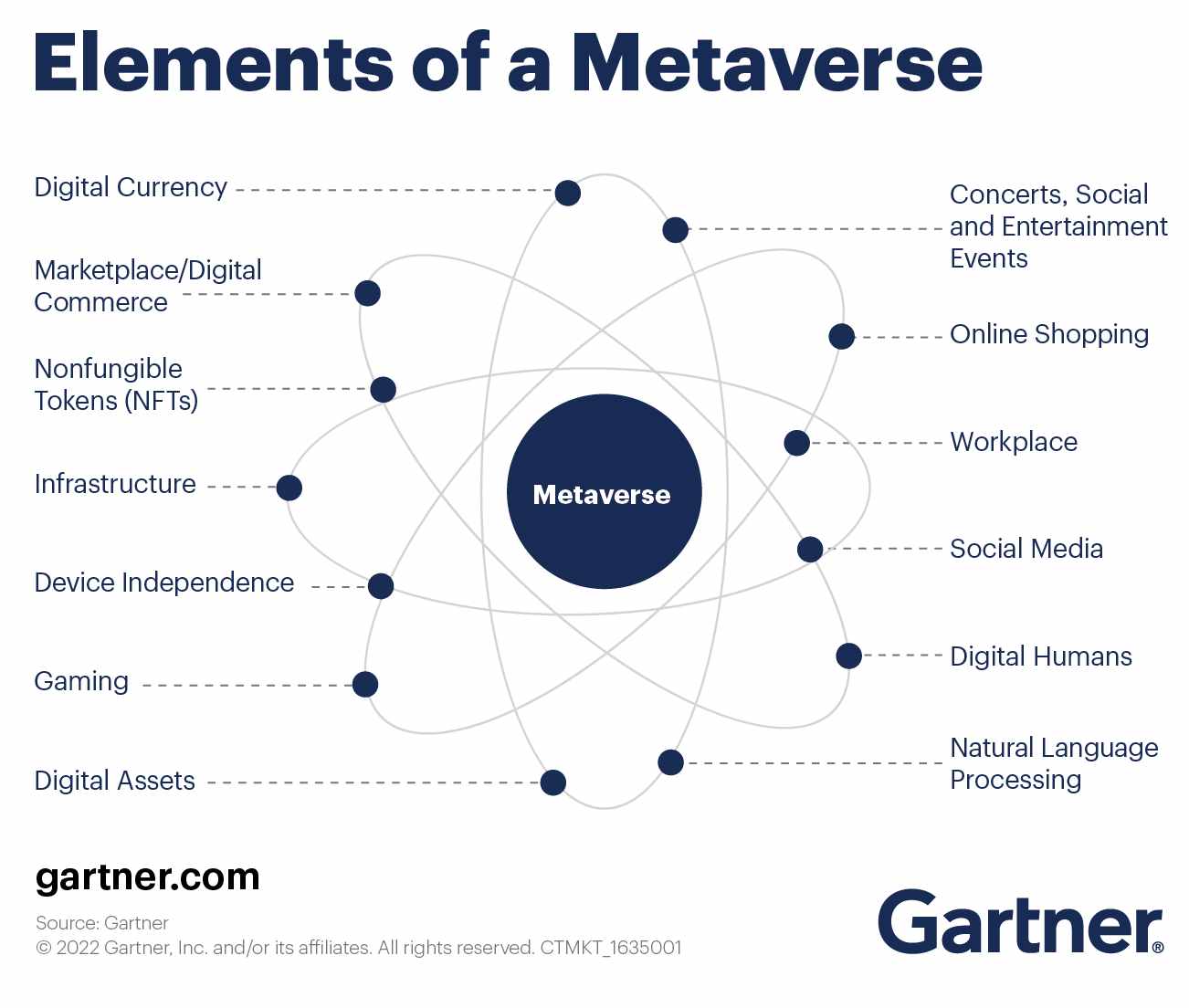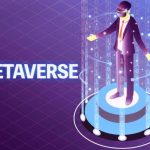What is the Metaverse? The Metaverse Explained Simply

A new era of the Internet is upon us and the metaverse is here to change the internet as we know it. Unless you’ve been living in a cave, the ‘metaverse’ is now the latest buzzword in technology and among the Silicon Valley elites. The metaverse has definitely caught the world by storm.
Metaverse started dominating the headlines back in October 2021 after Facebook announced it was changing its rebranding to Meta to reflect its focus on the metaverse. Meta CEO Mark Zuckerberg also said that the tech giant has committed $10 billion to transition from its much-criticized social network and related family of apps into what Zuckerberg describes as an “embodied internet.”
There is a lot of excitement around Metaverse in recent months. Since Facebook rebranded itself to Meta, investors and tech companies alike have joined the metaverse bandwagon hoping to get a piece of the action. But what exactly is the metaverse?
To fully understand the concepts of the metaverse, think of it as the next version of the Internet. The term metaverse, short for “meta-universe,” was originally coined by Neal Stephenson in the dystopian novel “Snow Crash” three decades ago. In the book, Stephenson describes the metaverse as a three-dimensional virtual reality generated by goggles worn by the novel’s hero, Hiro.
Today, the metaverse can be described as a digital world where the real and virtual worlds converge into a vision of science fiction. You can also think of the metaverse as a virtual world where millions of people could gather to work, play, and socialize in immersive virtual environments and communicate across shared spaces across different platforms. From gaming to medicine, the metaverse has the potential to transform our ways of life.
The metaverse also has another potential including the opportunities to leverage the technology in the areas of education and learning. The metaverse could be used to connect students, educators, and learners from all around the world and empower them to interact in meaningful ways.
However, the term is still very nascent and the underlying technology is still being flushed out. As Gartner explains, current metaverse technologies are still embryonic and fragmented. However, the elements of metaverse will include a combination of the following: digital currency, marketplace/e-commerce, NFTs, gaming, digital assets, natural language processing, digital humans, online shopping, workplace, social media, social entertainment events, and the underlying infrastructure.

Today, the workforce and workplace have experienced historic disruption globally, as ‘the Great Resignation,’ digitalization, and remote work changed the way businesses operate – and how individuals approach their careers. Simultaneous to workforce disruption, the ‘metaverse‘ and “web 3.0,” which are a host of new technologies designed to make the internet more immersive and decentralized, are transforming industries ranging from finance to remote collaboration and education.
“Metaverse will allow people to replicate or enhance their physical activities. This could happen by transporting or extending physical activities to a virtual world or by transforming the physical one,” says Marty Resnick, VP Analyst at Gartner. “Although the goal of a Metaverse is to combine many of these activities, there are currently many individual Metaverses with limited functionality.”
Gartner also projects that by 2026, about a quarter of people will spend at least one hour a day in the Metaverse for work, shopping, education, social media, and/or entertainment.
Already, people are already socializing in the metaverse and thousands, if not millions of users are already buying and selling in the metaverse. One of the biggest areas is real estate. Last November, metaverse startup Decentraland announced it sold a patch of virtual real estate in the online world for a record $2.43 million worth of cryptocurrency, making it the world’s most expensive virtual real estate.
Today there are many companies like Meta, Microsoft, and Roblox creating their own versions of a Metaverse. However, just like the Internet, the metaverse is not a concept or an idea that can be owned and controlled by one single entity. As the metaverse matures, new standards and products will be developed that eventually open more opportunities for everyone.
Below is a video overview of the metaverse.
Here’s another video of why Mark Zuckerberg is spending billions on the metaverse

